Our compatriots of the older generation probably remember how the newspapers of their country, the Soviet Union, regularly introduced readers to the next victory of the valiant police over the "terrible evil" that undermined strong Soviet power, society and the family from the inside - by moonshine. The production and sale of moonshine in Soviet Russia was punished severely. Moonshine stills were confiscated not only from ordinary collective farmers producing "samopal" from grain, sugar beets, molasses or frozen potatoes, but even from academics. Moreover, the ingenuity of the moonshining intelligentsia was sometimes worthy of the VDNH exhibition award. But no matter how hard the authorities tried, the people "drove", despite neither fines, nor even prison sentences.
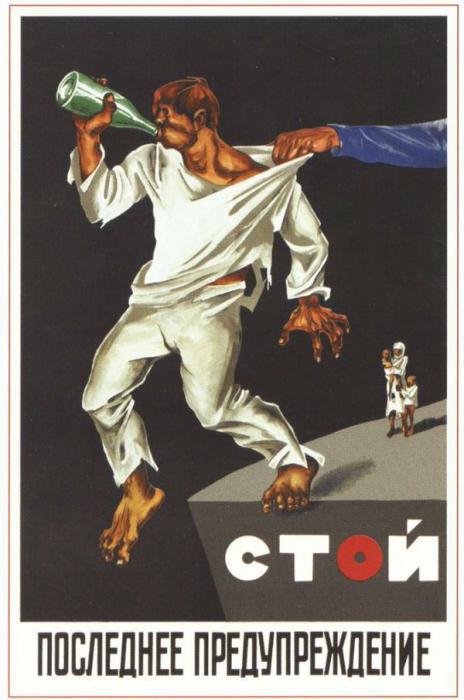
But is there responsibility for moonshining now in the Russian Federation? How serious is it and what are the nuances? Let's try to figure it out.
Sources of responsibility: why the power always in history was against moonshining
The history of the production of vodka in Russia (and vodka in its present incarnation is nothing but peeled grain moonshine) dates back to 1380. Yes, yes - from the year in which the memorable Battle of Kulikovo took place on the river Nepryadva. But vodka has nothing to do with the battle, just this year the merchants first brought the distillation product to our lands.
The novelty did not take root then, and only during the reign of John III in some monasteries (well, who would have thought) the production of distillates began. Under the son of John III, Vasily, the trickle of strong alcohol began to grow stronger, some landowners also learned to “drive”, but no one had planned to introduce responsibility for the production of moonshine.

And so, the tsar comes to power, although he is considered a cruel tyrant, but by no means stupid, and has done a lot for the fatherland - John IV the Terrible. He initially ordered the establishment of a distillery to meet the need for vodka of his faithful guardian, but very quickly realized that considerable funds were flowing past his hands. And then everything is expected - Grozny issues a decree that all distilleries come under the jurisdiction of the tsar’s court, and punishment is imposed for the production of moonshine without permission. And the tsar’s anger of Ivan the Terrible ...
So what's the deal? Yes, the fact that the cost of one bottle of vodka, of those that are in the store is 300-400 rubles, according to various estimates, not higher than 30-50. It is not surprising that the authorities at all times have been so jealous of the monopoly on the production of strong alcohol.
How the Bolsheviks fought moonshine
One of the amazing creations of Soviet cinema, the film "The Green Van", in a somewhat ironic form, tells, among other things, about the fight against moonshine in the post-revolutionary country of the Soviets. The Bolsheviks, having come to power in 1917, did not abolish the prohibition introduced by the previous government; on the contrary, drunkenness, as a relic of the tsarist regime, was declared a terrible evil. Responsibility for moonshining in the Russian Federation at that time was no worse, or even worse, than under Ivan the Terrible. For the discovered moonshine still, which converted extremely scarce products to swill, the red foremen could easily put anyone on the wall without trial or investigation.
And what happened? And exactly the same thing happened that later in the States, during the prohibition there: the flourishing of the moonshine mafia with an unprecedented color, the saturation of alcohol with big easy money.
And so, the Bolsheviks had to back down. With the beginning of the NEP in 1923, the dry law was abolished, but the production of alcohol was taken under a strict state monopoly.The article for moonshining of the Criminal Code of the Russian Federation provided for up to five years in camps, plus confiscation of all property.
In the period of developed socialism
The society building communism and alcohol are, of course, incompatible concepts. But, despite all the attempts of state propaganda, the Russian people hardly perceived the heroes of the epic painting "Moonshine Riders" as negative. Rather, the opposite.
The production of moonshine flourished in the country of developed socialism. Legislation, meanwhile, has not become more loyal to manufacturers of “pervach”. Moonshiners could face up to 10 years of the zone, naturally with confiscation.
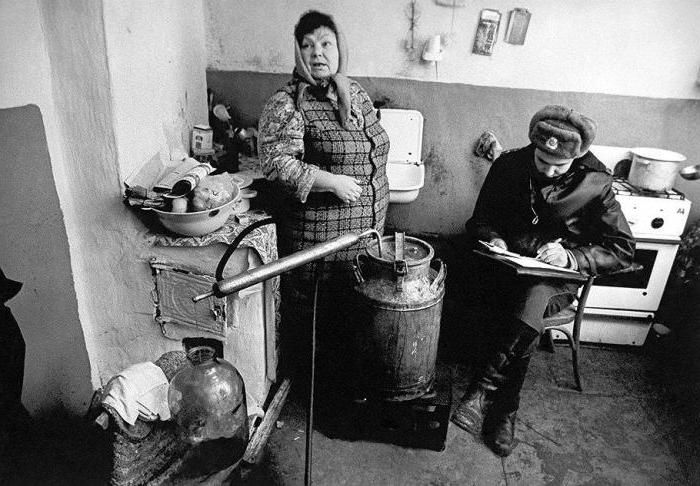
And, nevertheless, in a certain period, the home-brewing in the country of the Soviets was succeeded, if not won, then significantly weakened. How? Tighter measures? Not. Mass production of cheap spirits. Better than any examples of the situation in the 80s will say the words of a song sung by the builders of communism.
"I will hook
Ruble twenty eight,
How i want to catch
Golden Autumn. "
(There was such a drink - a mixture of alcohol and fermented apple juice, cost 1 p. 28 kopecks.).
But the situation with total drunkenness, despite neither draconian measures nor saturation of the market with cheap surrogates, was already getting out of control. Alcohol consumption in terms of pure alcohol went off scale and exceeded the world average by 3-4 times.
What laws does the moonshiner go to in Russia
At present, the moonshining of the Russian Federation is undergoing, so to speak, another rebirth. Moonshine still can be purchased at least in the market, at least in the store, at least using the services of Internet commerce.
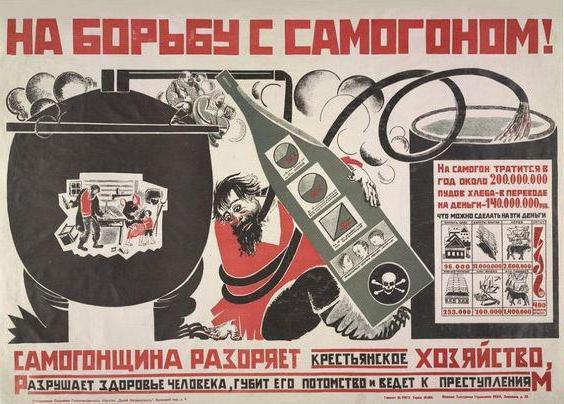
Here is a list of laws that Coward, Dunce and Experienced might face today:
- Federal Law of November 22, 1995 No. 171-FZ (as amended on June 29, 2015) “On State Regulation of the Production and Turnover of Ethyl Alcohol, Alcohol and Alcohol-Containing Products, and on Limiting the Consumption (Drinking) of Alcoholic Products”;
- “Code of the Russian Federation on Administrative Offenses” dated December 30, 2001 No. 195-FZ (as amended on April 3, 2017);
- “The Criminal Code of the Russian Federation” dated June 13, 1996 No. 63-FZ (as amended on April 3, 2017).
For yourself beloved
It is no exaggeration to say that at present, in terms of legislation, the golden time has come for the Russian moonshiner. Nobody will punish, confiscate or “put to the wall” for the production of strong alcohol at home in the kitchen or in the country.
However, it’s worth mentioning right away that responsibility for moonshining in Russia directly depends on the purpose of making home-made alcohol. None of the above documents prohibits driving moonshine for yourself.
It can be perfectly cooked, stored, consumed in unlimited quantities without forgetting the recommendations of the Ministry of Health, of course, treat friends, put it on the table during family celebrations and holidays. And all this can be done absolutely calmly, the punishment for moonshining for home consumption in our country is not provided for by today's legislation.
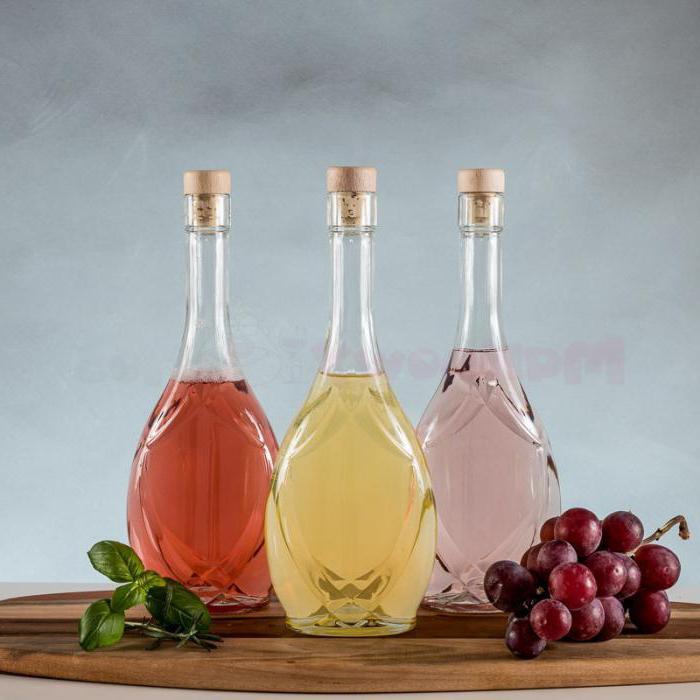
Is it possible to make money on it
The answer is clear: you can. But only theoretically. In order to legally produce moonshine, sell it and make profits, you just need to get a state license. And our legislation does not make any difference between the distillery and small production. Not to mention the fact that the cost of such a license will cost at least half a million rubles, but also a number of requirements, many of which will simply be confused, will have to be fulfilled. So, alas, it will not be possible to legalize your miracle apparatus and to establish the legitimate production of moonshine. Responsibility in the Russian Federation for moonshining for the purpose of sale remained.
By the way, yes, the Federal Law on the Turnover of Alcohol does not prohibit driving moonshine for personal consumption, but theoretically, moonshiner can arouse the interest of controlling and law enforcement agencies.Therefore, when producing alcohol, one must be potentially prepared for a conversation with government officials.
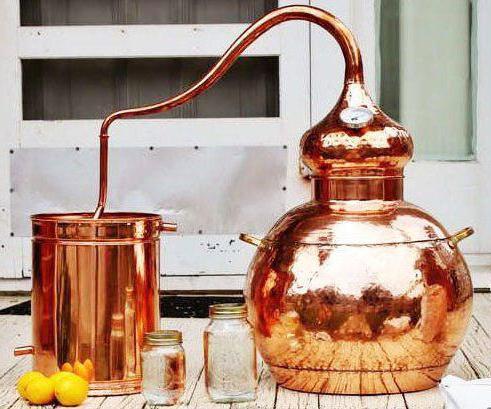
So what is the threat of trade and moonshine liability in the Russian Federation? 2016 made some adjustments to the Code of Administrative Offenses of the Russian Federation, and this document begins to work as soon as there is at least one proven episode of the sale of alcohol. So, for the fact of production without a patent (and this patent, as described above, it is simply unrealistic to get in our country) the violator will pay from 500 to 2,000 rubles. Next, you will have to pay for trade without a license from two to eight thousand.
And if any legal entity decides to engage in such a business, the amount of the fine will increase to 200 thousand. Needless to say that in addition to the fine, the moonshiner will have to part with the device, the brew and the finished product, all this, of course, is confiscated.
But can they plant
Under certain circumstances, for moonshining for the purpose of selling, you can lose not only a fair amount of money, but also your own freedom for some time. And although a special article for moonshining of the Criminal Code of the Russian Federation is not provided, getting to jail "will help other articles."
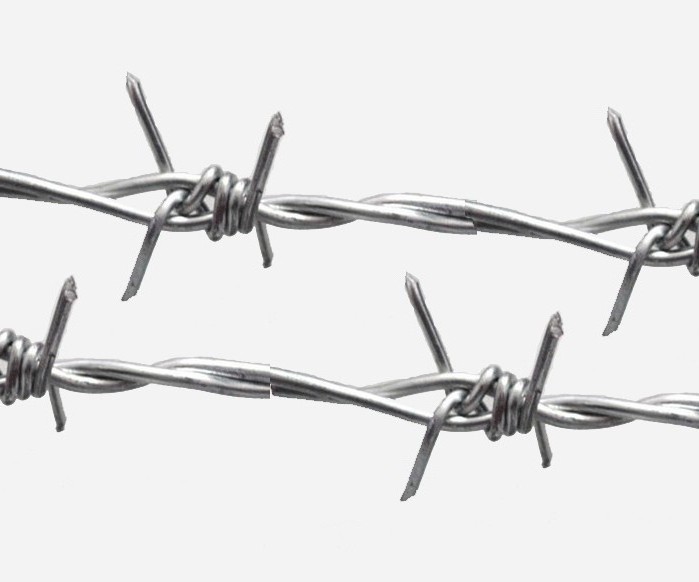
Article 171 of the Criminal Code. Firstly, the investigator may try to prove that, as a result of the actions of the moonshiners, the state or specific individuals were harmed (for example, moonshine was sold under the guise of Scotch whiskey for the nth amount). Material damage in excess of 2,250 thousand rubles is considered large, and more than 10 million - especially large. Punishment can follow, both in the form of a fine from 0.3 to half a million rubles, and in the form of a criminal term from six months to 5 years.
And if the consequences are more serious
The worst thing for the seller of moonshine of their own preparation of what can happen is the poisoning of buyers. Here, an article for moonshining of the Criminal Code of the 2016 edition, namely, an article for the sale of low-quality products, is already taking effect.
The state will have to pay 300,000 rubles in a fine. In addition, the victim (s) has the right to file a claim for compensation for possible damage, and its size will depend only on the skill of the lawyers. In addition to the material costs of the offender, a real prison term of 2 years can be expected, although if you are lucky, you can get away with 360 hours of community service.
And finally, the worst thing is death as a result of drinking alcohol. Up to 10 years in prison, compensation to relatives, 60 months of work.
Hence the conclusion that it is possible to drive moonshine, but only for yourself, for the organization of friendly gatherings, this is for God's sake. But "messing around" with the sale, trying to make money on it - is more expensive for yourself. After all, if the very fact of buying moonshine with its subsequent use is proved, who will understand what the person died from, from the quality of the drink or from the quantity drunk.
Yes, the sale of moonshine did not go anywhere, and I must say, good malt or grain moonshine, prepared according to all the rules, on a good apparatus, made in two sublimations and purified, will give one hundred points handicap for mid-price store vodka. But they sell moonshine more often to their trusted customers and very carefully.
Our neighbors
This is the responsibility for moonshining in the Russian Federation. And how are the moonshine-Slavs in the countries closest to us from the former USSR?
According to statistics, Ukrainian moonshine or “vodka” is consumed by as much as 50-60% of Ukrainians. It is especially developed, home brewing, oddly enough, not in villages, but in small cities, where the population is more dense, but it is tight with work. In general, the legislation applies to the producers of Ukrainian gorilka as well as to the Russian moonshiner. But there is a small feature. The fact is that the manufacture of goods for sale, storage, transportation and, in fact, the sale of excisable goods is punishable by law. But operations on the production of moonshine are not excisable.
As much as law enforcement officers can “scare” the moonshiner, this is a fine from 50 to 150 hryvnias. It is clear that manufacturers of pervach treat this punishment with an ironic smile.

The most alarming life of the moonshiner under the wing of the Belarusian president. Even the production of moonshine in the Republic of Belarus is illegal for itself. The manufacture of alcoholic drinks will cost Belarusians if they “descend” for the first time 105 Belarusian rubles (approximately 3,500 Russian rubles). But he won’t understand it the first time, he’ll get caught again during the year, he will have to pay up to 630 rubles. in national currency (21 thousand Russian). The moonshiner will bear the same responsibility for the first time, if during a search he finds more than 5 liters of the finished drink.
Needless to say, moonshine is still being persecuted in Belarus. Every year, on islands in the middle of the swamps of Polesie swamps, the police find and destroy up to a dozen mini moonshine factories. Partisan - our neighbors have blood.
How unique we are in love for moonshine
Moonshine is being boiled in America. But there the attitude to this drink is somewhat different. The authorities of most developed countries have long ceased to consider income from the sale and production of alcohol as a source of replenishment of the budget. Register, prove that you do not persecute poison and that for America the most important and sacred thing is pay taxes. Across the country, there are thousands of tiny mini-factories for the production of moonshine. The drink is bottled and completely legally sold.
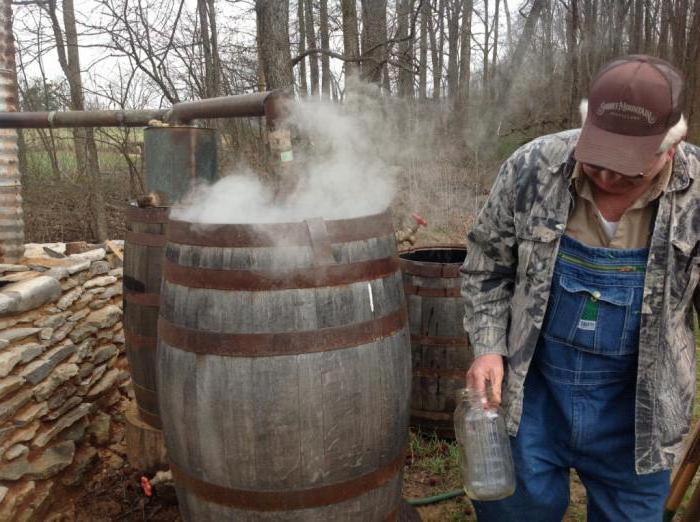
In different countries of the European Union, the attitude to moonshine is different. In Poland, like u \ it’s impossible even for yourself, but in the neighbor Lithuania, buy a license, drive, sell, not forgetting to pay taxes.
And there are extremes in the world, especially in countries where the official religion is Islam. There, for the production, and even for the use of alcohol, no matter what fortress, one can pay with one's life.